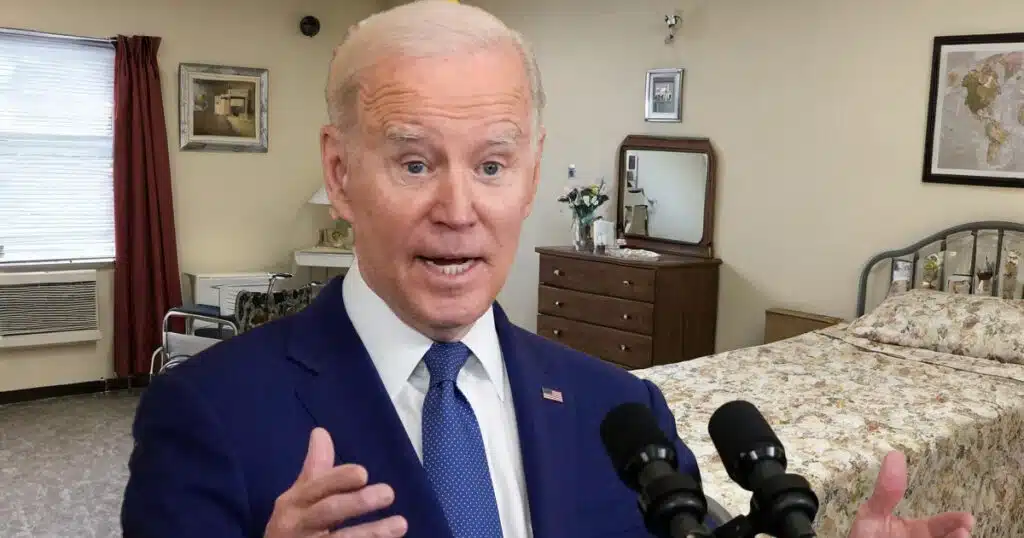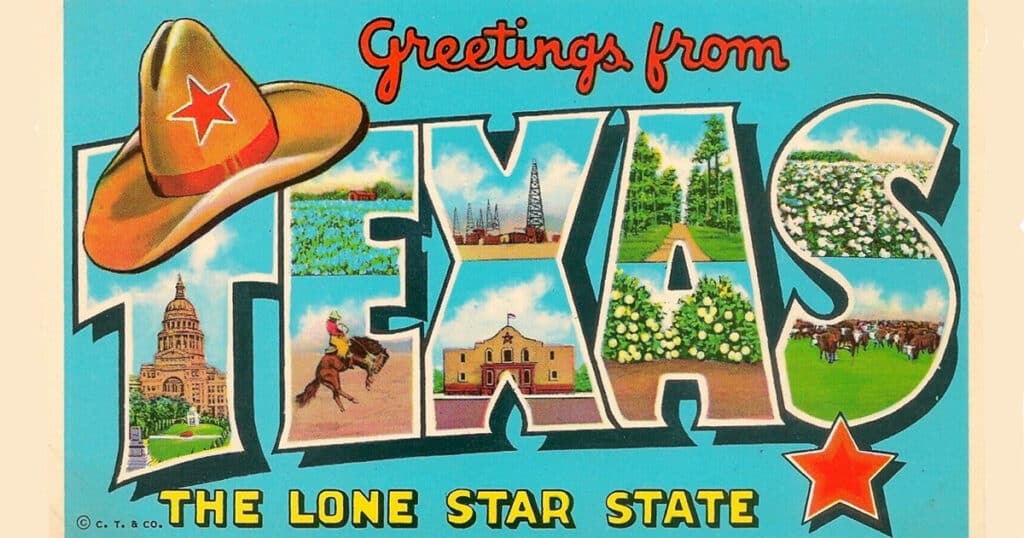
In Oval Office, President Biden Finally Admits It’s Over
President Biden has often had occasion to read his own political obituary, laughing, like a man about to crash his own funeral, at premature proclamations from rival politicians and a skeptical press that his public life was done. But not Wednesday. From the Oval Office, Biden finally admitted it was over.
He came into government in 1972, three years after the first moon landing and two years before the first presidential resignation, beginning his service in the U.S. Senate during a decade of national strife defined by inflation, stagnation, and crisis. He will leave, over half a century later, in less than six months.
The Biden Era is effectively over. He did not want it to end. In a speech that was at times whispered and occasionally slurred, the president told the nation as much.
“I believe my record as president, my leadership in the world, my vision for America’s future, all merited a second term,” Biden said of the case he had been making unsuccessfully for the last six months. But then the 81-year-old Democrat pivoted quickly to say that “nothing can come in the way of saving our democracy, and that includes personal ambition.”
In recent weeks, Biden had done everything possible to keep that ambition alive, fighting against those working quietly at first and then very publicly at the end, to push him out of the current presidential race. He lost. They won. On Sunday he posted a signed statement – an admission of defeat – to social media announcing his exit from the 2024 election. It was the end of one of the most tumultuous pivot points in American history in decades. The speech itself was little more than a formality.
The president had a favorite line for whenever anyone conveyed concern about his age. He’d often say, “Watch me!” And then for 90 minutes at a debate in Atlanta, they did. That is when the trouble started. His age and diminished mental acuity were suddenly on ugly display as he stood next to his rival, former President Trump. Biden again tried to silence his critics like all those times before.
Many of them were colleagues, ideological allies, and even friends. To Biden they were the same lot who pushed him out of the 1988 presidential primaries, convinced him to stand aside in 2016, wrote him off in 2020, and confidently insisted a “red wave” would wipe Democrats off the map in 2022. Why should 2024 be any different? He dismissed his debate performance as “a bad night.” Certainly, he reasoned, it wouldn’t be the end of his career. And so Biden, in so many words, said again what he had once told the editorial board of the New York Times: “I ain’t dead, and I’m not going to die!”
The president had said definitively, on no less than eight different occasions, that he would not exit early. He did three separate interviews, each less convincing than the one before it, to demonstrate resolve. The White House, meanwhile, insisted he was “as sharp as ever.” Reporters were told stories about how a vigorous Biden would work at all hours, running young staffers ragged behind the scenes. Age was just a number, the president and his people told the public, and he was not going anywhere.
When in the wild, though, away from the teleprompter, Biden could not help himself. Debate night was full of enough stutters and non-sequiturs to seed doubt for an entire election season. But more ugly blooms followed with each senior moment, whether it was introducing Ukrainian President Zelensky as “President Putin” at the NATO Summit, or forgetting the name of his Defense Secretary Lloyd Austin, referring to him as “the black man.”
Rather than circle the wagons, his own party started to circle him. Nancy Pelosi, the 84-year-old former House speaker, took her concerns directly to Biden. So did former President Barack Obama. Other prominent Democrats aired their misgivings anonymously in the press. He beat Trump once, Biden replied again and again. He insisted he was the Democrat best positioned to do it again.
What about Vice President Kamala Harris? A reporter asked Biden during a press conference if he would reconsider his decision to stay if his own campaign could show data that she would fare better in an election. News had broken earlier that day that his own campaign was polling a potential Harris-Trump matchup. “No, unless they came back and said, ‘There’s no way you can win,’” he replied. “No one is saying that. No poll says that.” Subsequent polls showed a reality Biden was unready to accept: Harris was outperforming him.
With his back already against the wall: another disaster. On the campaign trial, Biden was again diagnosed with COVID-19. It was his third bout with the virus, and he retreated to his beach house in Rehoboth, Delaware. Sometime between Thursday and Sunday, reality set in for the president.
The official version of events from White House press secretary Karine Jean-Pierre, who had insisted until recently that an exit was not imminent, are as follows:
On Saturday evening, Biden met with advisors and family to think about “how to move forward.”
On Sunday afternoon, “he made the decision.”
At 1:45 p.m., the president picked up the phone to give unnamed advisers a heads up, and “minutes later, a letter went out.”
The tweet that culminated a 52-year career came at 1:46 p.m. And in short order, the president threw his weight behind Harris. After three days in isolation, Biden had done the exact opposite of what he said he would for four weeks. The Oval Office address, his first on-camera remarks since releasing his statement, was meant to clarify the dramatic reversal. But Biden did not elaborate.
He simply declared, “I’ve decided the best way forward is to pass the torch to a new generation. That’s the best way to unite our nation.” He continued, “There is a time and a place for long years of experience in public life. … There’s also a time and a place for new voices, fresh voices, yes, younger voices, and that time and place is now.”
The president then looked back on his record of four years – a glowing record in his telling: a strong economy at the end of a once-in-a-century pandemic. A stronger NATO. A nation not at war anywhere around the world. Biden said that in the remaining six months he would keep fighting for things like his Cancer Moonshot, gun control, and altering the makeup of the Supreme Court.
His spokeswoman had rejected the “lame duck” moniker hours earlier. All the same, after his decades in the Senate, Biden likely knows that presidents on their way out the door have limited political capital, especially in an election year.
But mostly, Biden used his fourth Oval Office address to say goodbye, to begin turning the page on his career.
“I’ve given my heart and my soul to our nation, like so many others. I’ve been blessed a million times in return with the love and support of the American people,” the president said. “I hope you have some idea how grateful I am to all of you.”
Then a call to “preserve our democracy.” Then ice cream in the Rose Garden with White House staff. Then a lid, the signal from staff to press that the president’s official business for the day was done.
The first lady departed for the Paris Olympics shortly after. The vice president is away on the campaign trail. The president remains at the White House for the first night of lonely months to come. In this way, the Biden Era effectively came to a quiet end.
This article was originally published by RealClearPolitics and made available via RealClearWire.



